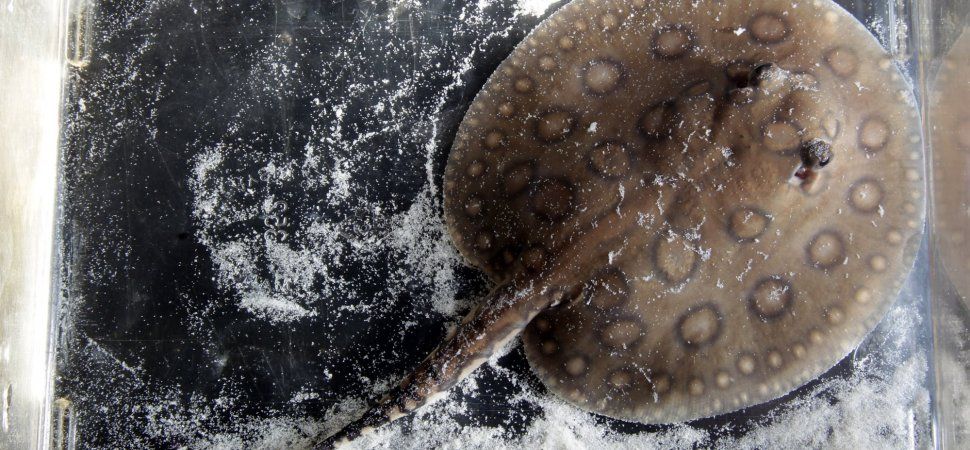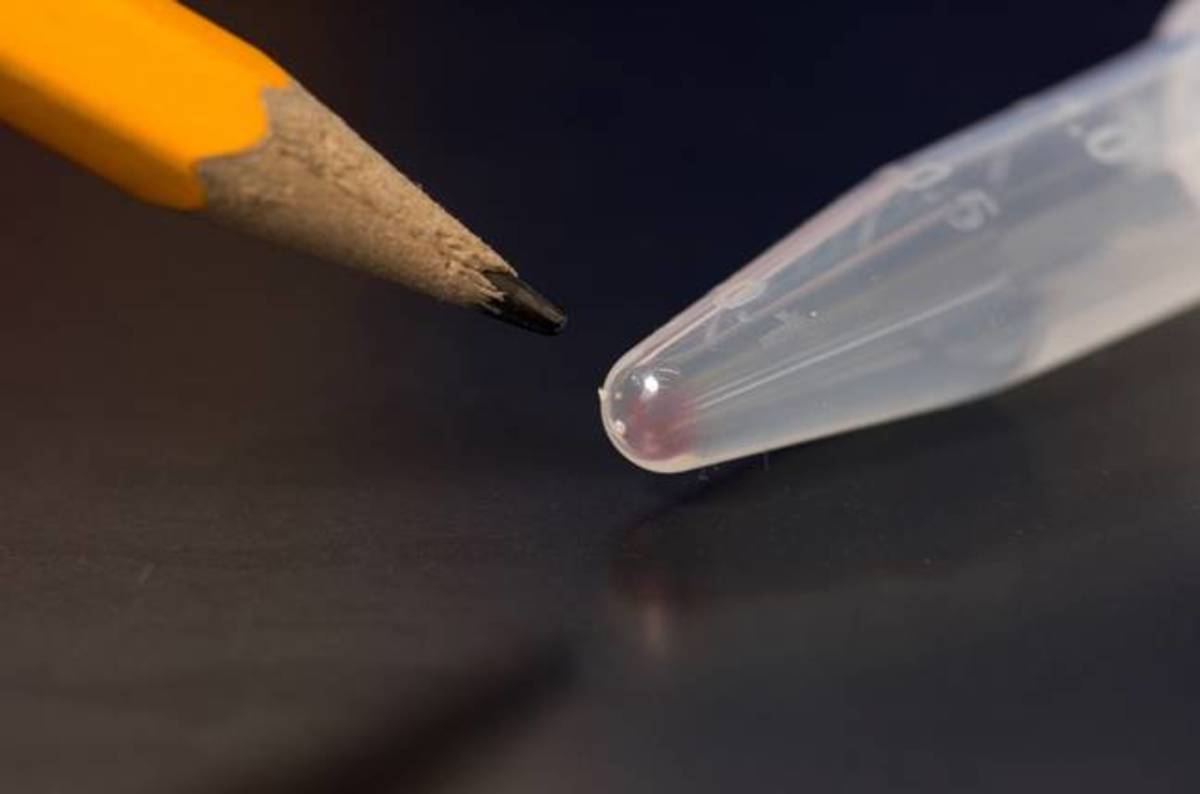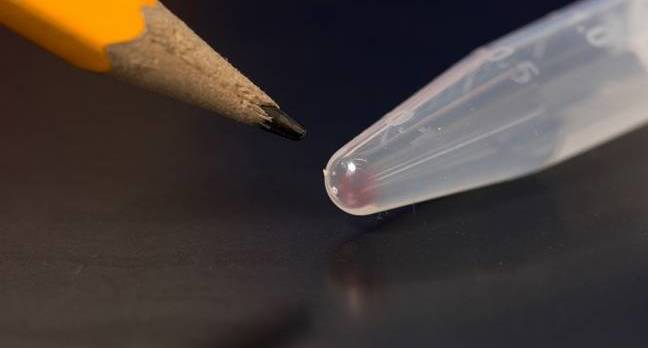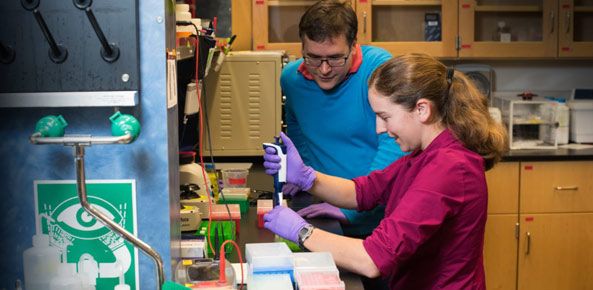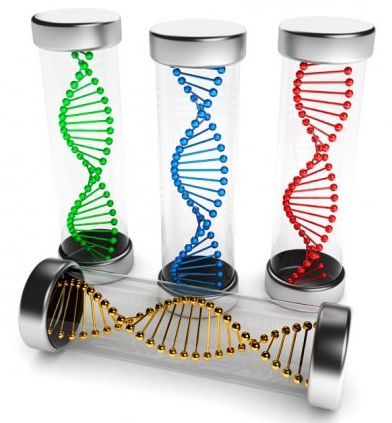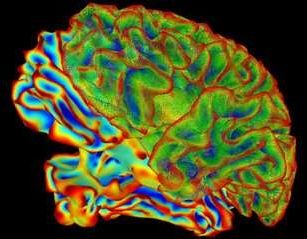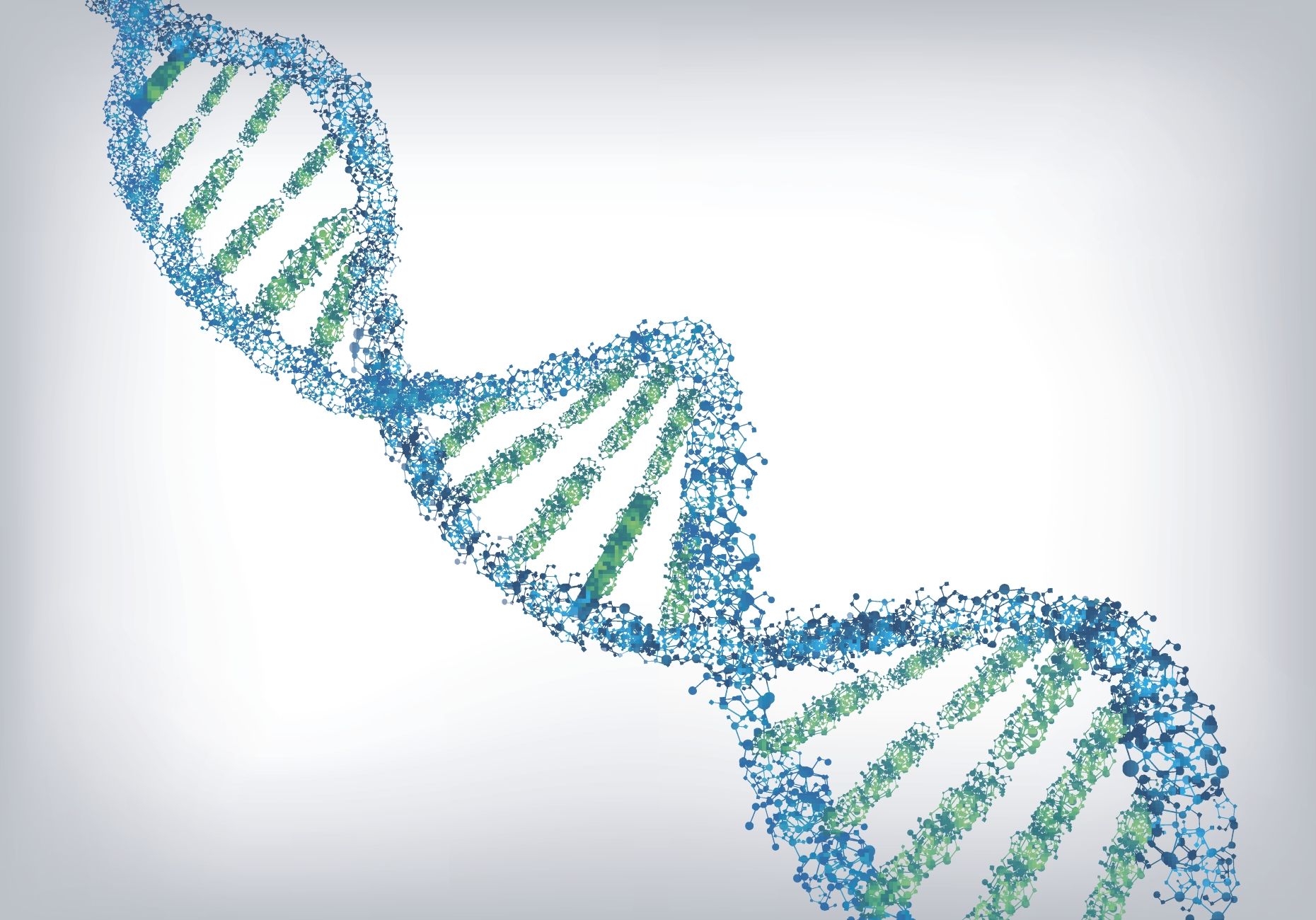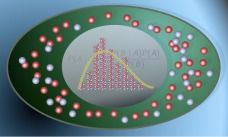Archive for the ‘genetics’ category: Page 473
Jul 11, 2016
FDA study using genetically engineered cells to treat cancer kills three people
Posted by Karen Hurst in categories: bioengineering, biotech/medical, genetics, neuroscience
(NaturalNews) Earlier this month, Juno Therapeutics, a pioneer in the field of treating cancer using genetically engineered cells, had to halt the development of its lead treatment after the death of three leukemia patients enrolled in the study.
The Seattle-based biotech company reported that the deaths of all three patients, who were in their 20s, were linked to swelling in the brain. The swelling occurred after the company added a second chemotherapy drug to the treatment procedure.
The news of the patient deaths is a big blow for the biotech startup that is developing a new experimental therapy known as chimeric antigen receptor T-cell (or CART) immunotherapy. The setback will likely delay the company’s aim of introducing it to the market by 2017, Juno executives said in a conference.
Continue reading “FDA study using genetically engineered cells to treat cancer kills three people” »
Jul 11, 2016
BRCA mutations linked to prostate and uterine cancers
Posted by Karen Hurst in categories: biotech/medical, genetics
Personally; I have heard this several years ago from some medical researchers. Glad that more have concluded this tie.
Genetic mutations on several genes including BRCA2 have been associated with prostate cancer; while in a separate study, a BRCA1 mutation has been linked to a particular form of uterine cancer.
The first study, published in the New England Journal of Medicine, found that 12 percent of men with advanced prostate cancer had inherited mutations in genes involved in the repair of damaged DNA.
Professor Johann de Bono of the Institute of Cancer Research in London and the Royal Marsden NHS Foundation Trust, who led the study, said: ‘Our study has shown that a significant proportion of men with advanced prostate cancer are born with DNA repair mutations – and this could have important implications for patients.
Jul 8, 2016
New DNA ‘hard drive’ could keep files intact for millions of years
Posted by Karen Hurst in categories: biotech/medical, computing, genetics
Jul 8, 2016
Microsoft Testing DNA’s Data Storage Ability With Record-Breaking Results
Posted by Karen Hurst in categories: computing, genetics, information science, internet, quantum physics
Biocomputing/ living circuit computing/ gene circuitry are the longer term future beyond Quantum. Here is another one of the many building blocks.
The tiny molecule responsible for transmitting the genetic data for every living thing on earth could be the answer to the IT industry’s quest for a more compact storage medium. In fact, researchers from Microsoft and the University of Washington recently succeeded in storing 200 MB of data on a few strands of DNA, occupying a small dot on a test tube many times smaller than the tip of a pencil.
The Internet in a Shoebox.
Continue reading “Microsoft Testing DNA’s Data Storage Ability With Record-Breaking Results” »
Jul 5, 2016
Engineers Design Programmable RNA Vaccines That Protext Against Ebola and H1N1 Influenza
Posted by Phillipe Bojorquez in categories: bioengineering, biotech/medical, genetics
A newly published study details how engineers developed programmable RNA vaccines that work against Ebola, H1N1 influenza, and a common parasites in mice.
MIT engineers have developed a new type of easily customizable vaccine that can be manufactured in one week, allowing it to be rapidly deployed in response to disease outbreaks. So far, they have designed vaccines against Ebola, H1N1 influenza, and Toxoplasma gondii (a relative of the parasite that causes malaria), which were 100 percent effective in tests in mice.
The vaccine consists of strands of genetic material known as messenger RNA, which can be designed to code for any viral, bacterial, or parasitic protein. These molecules are then packaged into a molecule that delivers the RNA into cells, where it is translated into proteins that provoke an immune response from the host.
Jul 3, 2016
Stop Bashing G.M.O. Foods, More Than 100 Nobel Laureates Say
Posted by Aleksandar Vukovic in categories: food, genetics
Genetically modified organisms and foods are a safe way to meet the demands of a ballooning global population, the 109 laureates wrote in a letter posted online and officially unveiled at a news conference on Thursday in Washington, D.C.
The world’s top scientists say opponents of genetically modified foods are standing in the way of nutrition for people around the world.
Jun 30, 2016
A new experimental system sheds light on how memory loss may occur
Posted by Karen Hurst in categories: bioengineering, biotech/medical, genetics, neuroscience
Two interconnected brain areas — the hippocampus and the entorhinal cortex — help us to know where we are and to remember it later. By studying these brain areas, researchers at Baylor College of Medicine, Rice University, The University of Texas MD Anderson Cancer Center and the National Cancer Institute have uncovered new information about how dysfunction of this circuit may contribute to memory loss in Alzheimer’s disease. Their results appear in Cell Reports.
“We created a new mouse model in which we showed that spatial memory decays when the entorhinal cortex is not functioning properly,” said co-corresponding author Dr. Joanna Jankowsky, associate professor of neuroscience at Baylor. “I think of the entorhinal area as a funnel. It takes information from other sensory cortices — the parts of the brain responsible for vision, hearing, smell, touch, and taste — and funnels it into the hippocampus. The hippocampus then binds this disparate information into a cohesive memory that can be reactivated in full by recalling only one part. But the hippocampus also plays a role in spatial navigation by telling us where we are in the world. These two functions converge in the same cells, and our study set out to examine this duality.”
The new mouse model was genetically engineered to carry a particular surface receptor on the cells of the entorhinal cortex. When this receptor was activated by administering the drug ivermectin to the mice, the cells of the entorhinal cortex silenced their activity. They stopped funnelling information to the hippocampus. This system allowed the scientists to turn off the entorhinal cortex, and to determine how this affected hippocampal function.
Jun 27, 2016
The future of storage may be in DNA
Posted by Karen Hurst in categories: biotech/medical, computing, genetics, governance, life extension, neuroscience, security, singularity
Definitely been seeing great research and success in Biocomputing; why I have been looking more and more in this area of the industry. Bio/ medical technology is our ultimate future state for singularity. It is the key that will help improve the enhancements we need to defeat cancer, aging, intelligence enhance, etc. as we have already seen the early hints already of what it can do for people, machines and data, the environment and resources. However, a word of caution, DNA ownership and security. We will need proper governance and oversight in this space.
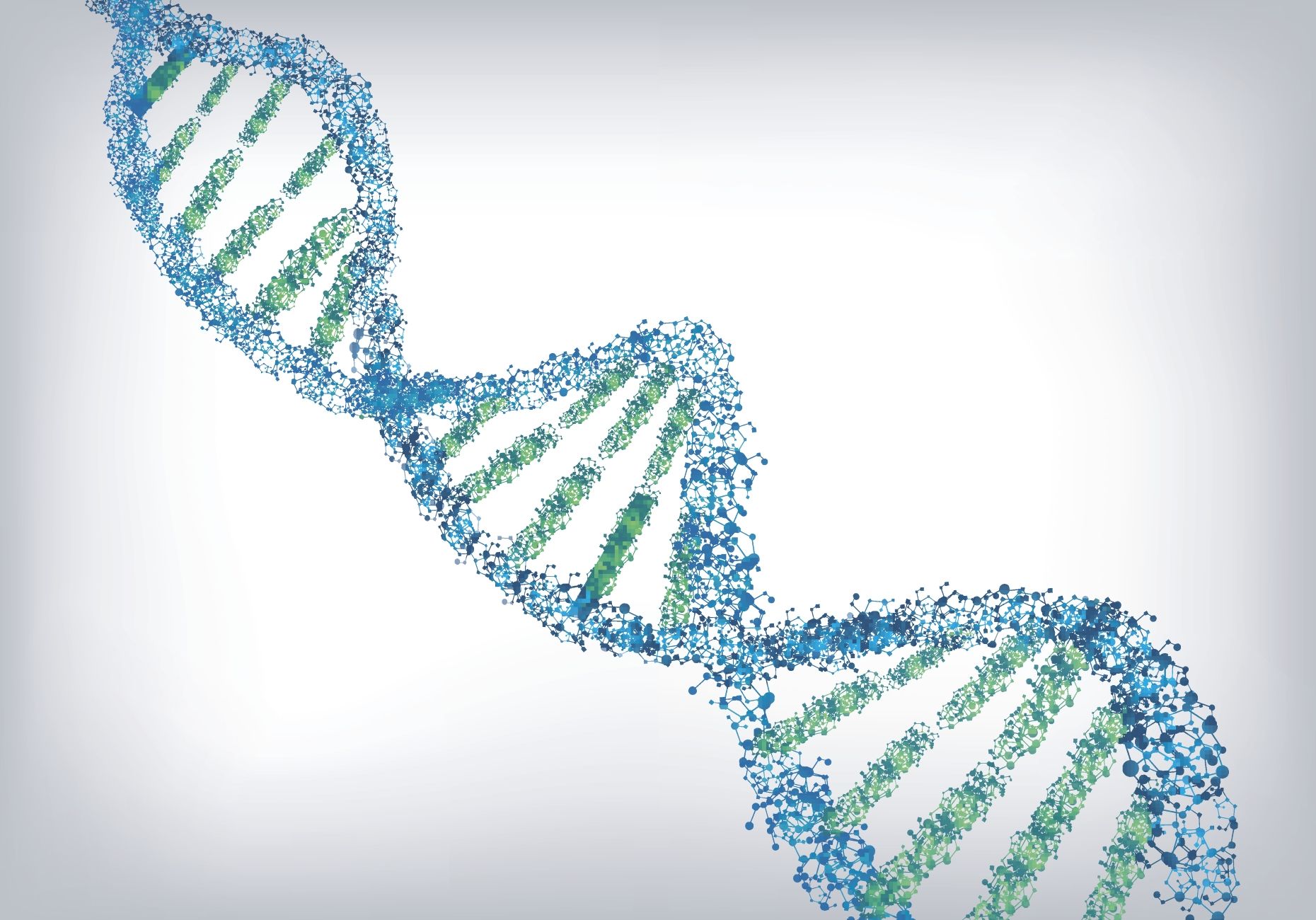 © iStock/ Getty Images undefined How much storage do you have around the house? A few terabyte hard drives? What about USB sticks and old SATA drives? Humanity uses a staggering amount of storage, and our needs are only expanding as we build data centers, better cameras, and all sorts of other data-heavy gizmos. It’s a problem scientists from companies like IBM, Intel, and Microsoft are trying to solve, and the solution might be in our DNA.
© iStock/ Getty Images undefined How much storage do you have around the house? A few terabyte hard drives? What about USB sticks and old SATA drives? Humanity uses a staggering amount of storage, and our needs are only expanding as we build data centers, better cameras, and all sorts of other data-heavy gizmos. It’s a problem scientists from companies like IBM, Intel, and Microsoft are trying to solve, and the solution might be in our DNA.
A recent Spectrum article takes a look at the quest to unlock the storage potential of human DNA. DNA molecules are the building blocks of life, piecing our genetic information into living forms. The theory is that we can convert digital files into biological material by translating it from binary code into genetic code. That’s right: the future of storage could be test tubes.
Jun 23, 2016
How molecules can do statistics
Posted by Karen Hurst in categories: bioengineering, biological, genetics
Mobile phones have become commonplace. Modern communication devices like mobile phones need to exchange huge amounts of information. However, what is hidden underneath the elegantly shaped plastic casings is quickly forgotten: Complex signal processors constantly fighting against noise and steadily adapting themselves to changing environment.
But noise and changing environmental conditions do not only affect electrical circuits. In synthetic biology scientists are facing similar problems. However, in synthetic biology a methodology to deal with noise does not exist yet. Prof. Mustafa Khammash and Christoph Zechner of the Department of Biosystems Science and Engineering have studied how conventional signal processors can be translated into biochemical processes — built and operated inside living cells.
A major limitation in engineering biological circuits is that host cells — even if they are genetically identical — are never the same. For instance, cell A might be in a different cell-cycle stage or have more ribosomes available than cell B. Therefore, the same synthetic circuit may behave very differently in each of these two cells. In extreme cases, only a small fraction of cells might show the correct behavior, while the remaining cells act unpredictably. This is referred to as context-dependency.
